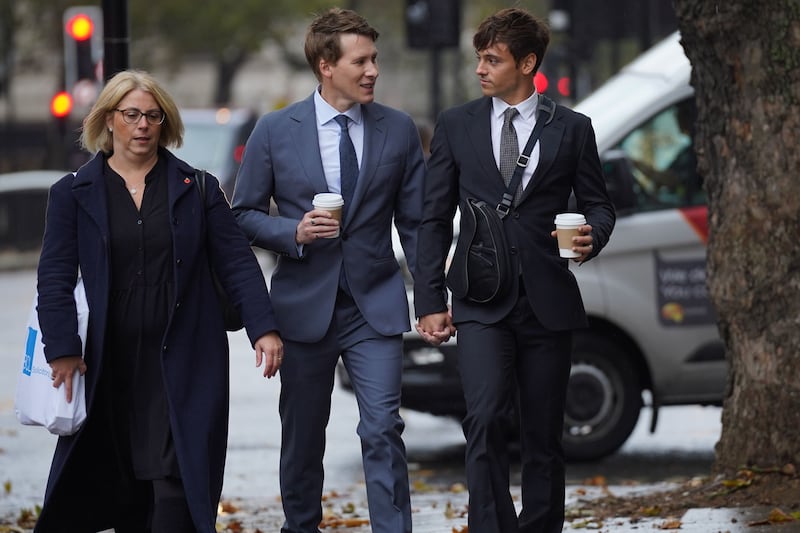Revolution: The Ideas That Changed the World, BBC 4, Tuesday at 9pm
CARS are a little bit unfashionable at the moment.
The more extreme climate change activists want to change our entire economic system and the car has come to symbolise the carbon dioxide-spewing western culture.
It's easy to forget then that it's less than 150 years old and Henry Ford's transformative Model T was unveiled barely more than 100 years ago.
To put that in perspective, the car is younger than the GAA.
Yet it is an invention which has transformed the world.
Undoubtedly it has contributed to climate change - there are currently 1.2 billion on the planet - but "the ultimate freedom machine" has also changed our lives, our cities and helped to make us richer.
Jim Al-Khalili's film explored the progress of the car from its very earliest beginnings - the first mode of transport.
Around 9,000 years ago a tribe of reindeer hunters in the Arctic learned to tame wolves to pull the first sled.
It worked brilliantly on snow and ice where there was little resistance but couldn't transfer to other climates.
Stage two came about 5,500 years ago with the invention of the wheel, but the real breakthrough was the axle which allowed the wheel to be attached to a fixed platform and become significantly more useful.
Then 3,000 years ago humans discovered metal and the smelting process which produced bronze.
These metal tools allowed the kind of precision manufacturing which made the wheel and axle more efficient.
This introduced an era of horse power which lasted for 500 years and it wasn't until Thomas Newcomen invented a mechanical system for drawing water out of coal mines that things changed.
Newcomen developed the first steam engine and launched the industrial revolution, the greatest leap forward in modern history.
In the late 19th century James Watt worked on Newcomen's idea and adjusted the steam engine to turn a wheel and we were getting close to the age of the car.
Karl Benz, having managed to produce power inside the cylinder, unveiled to the market the first automobile with an internal combustion engine in 1886, two years after a certain meeting in Thurles, Co Tipperary.
But the true era of the car began in 1909 with the Ford Model T, which through the introduction of an assembly line and mass production could be sold in 1913 for just US $260.
It was the ultimate disruptive technology and changed "what people expected of their lives and mobility".
Now this remarkable machine is adapting again, with the introduction of electric and driverless cars.
The lesson of Al-Khalili's film is one of unstoppable human endeavour and progress. Nowhere in this process was there a backwards step.
The car may get cleaner and greener but it won't go away until something better comes along.
***
Love Island Final, ITV 2, Monday at 9pm
And with the 20th anniversary of Big Brother approaching, a new star is born.
Love Island has assumed the throne of reality king, as TV producers refine the product down to its bare essentials.
Love Island, which reached 3.6 million viewers for Monday's final, has proved so positive for ITV's advertising that it's going to have a winter version in 2020.
But it has a long way to go to reach the heights of its big sister, Big Brother, which topped out at 10 million viewers for Channel 4 for the 2002 final in the year we were introduced to Jade Goody and her questionable geography.
It's predictable, conservative and harmless television, but I suspect the hope that Love Island has reconnected millenials with their TV will ultimately be forlorn.








